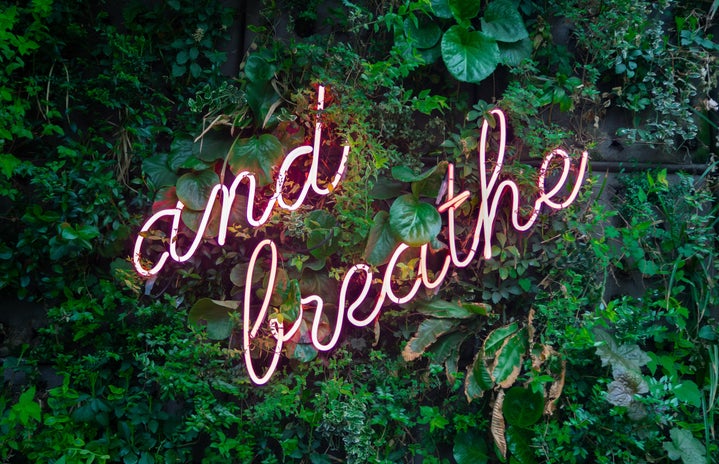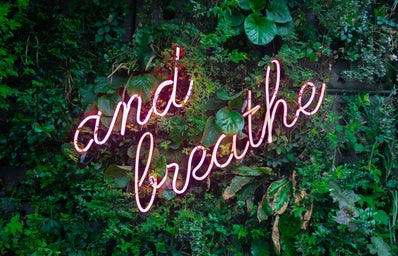I used to beat myself up for crying so much because it made me feel weak and vulnerable. However, over time I have taught myself to view it as self-care. Crying helps me release and accept my situation for what it is. Maybe I still feel that void in my chest after shedding a few tears, but I often feel a sense of relief as well. This feeling is largely due to the way our body reacts to intense emotions.
- It releases oxytocin and endorphins
-
When your body recognizes that you’re having a crying session, it releases endorphins and oxytocin into your system. Endorphins give you sensations similar to morphine; it reduces your perception of pain and triggers a positive feeling in your body. Oxytocin contributes to that calm and fuzzy feeling you get in your body after crying. Additionally, it helps to regulate your emotional responses, which in turn lowers overall stress and anxiety.
- Activates parasympathetic nervous system
-
The parasympathetic nervous system is known to slow your heart rate, breathing rate, lower blood pressure, promote digestion, relieve stress, relieve restlessness. After at least several minutes of crying, your body triggers the soothing effects, and your body enters a state of relaxation that breeds recovery.
- good for your eye health
-
You have three different types of tears; Basal tears, Reflex tears, and emotional tears. Basal tears keep your eyes lubricated throughout the day and protect your corneas. Reflex tears clear your eyes of debris such as stray eyelashes or onion fumes. Emotional tears are the body’s response to different emotional states like fear, happiness, or sadness. As you age, your eyes produce fewer basal tears, which protect them from eye infections. However, when you make emotional tears, it keeps them lubricated and healthy.
- Tears contain stress hormones and other toxic chemicals
-
While Basal tears are 98% water, emotional tears contain stress hormones and other toxins such as manganese, a chemical linked with anxiety, irritability, and aggression. Crying allows you to flush these toxins and hormones out of your system, which is good for your body!
- Sobbing is calming
-
The act of sobbing in itself can provide a relieving effect. The action causes you to take in quick breaths of cold air. These short breaths help you regulate and decrease the temperature of your brain. This temperature is actually what your body prefers.

Allowing yourself to feel your emotions in moderation entirely is fantastic for your mental and physical health. It comes around full circle; your body responds to the tears to support you, and the sense of relief you get benefits your body in the long run. It’s a beautiful cycle. So next time you feel the waterworks coming in, don’t hold it back! Let it all out and let it all go.






